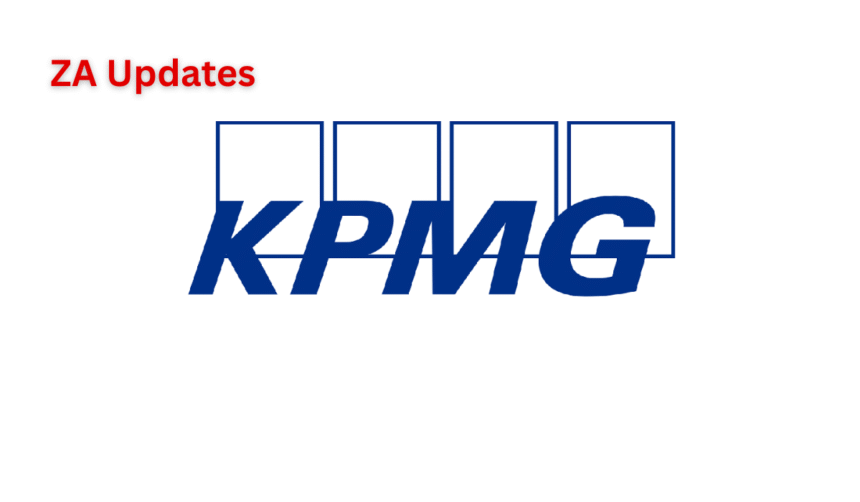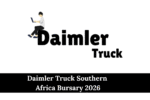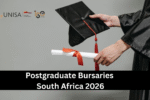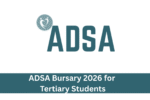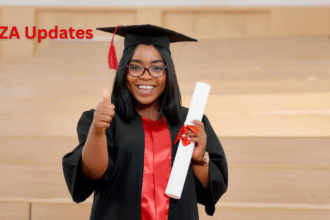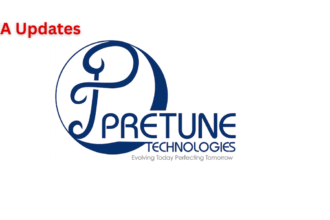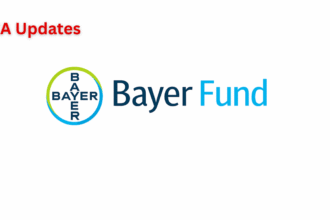KPMG Bursaries South Africa For 2026. If you are a South African student dreaming of becoming a Chartered Accountant but worried about the costs of university, the KPMG Bursaries South Africa for 2026 offer a golden opportunity to secure funding. These bursaries don’t just cover your tuition they open doors to one of the world’s top professional services networks, setting you on a clear path to becoming a CA(SA).
In this detailed guide, we’ll explore everything you need to know about these bursaries: from their history and benefits to eligibility requirements, application steps, and frequently asked questions. We also spotlight bursary funding for education, discuss student education loans alternatives, and explain why KPMG’s programme is considered one of the most reputable bursaries in South Africa.
A Legacy of Excellence: KPMG’s Journey in South Africa
KPMG’s roots stretch back well over a century in South Africa. While the global firm officially formed in 1987 through a merger between Klynveld Main Goerdeler (KMG) and Peat Marwick International, the local story began much earlier. It started in 1895, when Alexander Aiken established his accounting practice in Johannesburg.
Over time, two powerhouse firms Peat, Marwick, Mitchell & Co. and Aiken & Carter—laid the groundwork for what is today KPMG in South Africa. Now, KPMG is a multinational giant providing audit, advisory, and tax services with more than 162,000 employees globally.
This strong heritage and international reach make a KPMG bursary more than just financial support it’s an investment into a professional future backed by world-class expertise.
What the KPMG Bursaries Cover
The KPMG Bursaries South Africa for 2026 programme is designed for students pursuing qualifications that will allow them to register as Chartered Accountants with SAICA (South African Institute of Chartered Accountants).
KPMG offers two main types of bursaries:
| Type of Bursary | Who It’s For | Coverage & Requirements |
|---|---|---|
| Pure Merit Bursary | Students with strong academic records who do not need extensive financial help | Awarded based only on academic performance |
| Merit Bursary with Financial Needs | Students with excellent academic records but who would not afford university without funding | Considers both academic merit and financial need |
Both bursaries come with a condition: recipients must maintain their academic performance for the duration of their studies. After graduation, students are also required to complete a 3-year training contract (learnership) with KPMG. This ensures that the firm nurtures your professional growth while you gain vital work experience.
Eligibility Criteria for KPMG Bursaries South Africa for 2026
Before applying, it’s essential to understand whether you meet the minimum requirements. Failure to meet these will result in automatic disqualification. Here’s a clear breakdown:
| Study Level | Minimum Financial Accounting Mark | Minimum Overall Average | Other Requirements |
|---|---|---|---|
| Matric (Grade 12) | – | 4 “A” symbols (excluding Life Orientation) | Must complete Matric or currently be in Matric |
| 1st-year university | 70% | 65% | Must study full-time towards a SAICA-accredited degree |
| 2nd-year university | 65% | 65% | Enrolled at a SAICA-accredited institution |
| 3rd-year university | 60% | 60% | Intend to finish in minimum years |
| CTA (Postgraduate) | 55% | 50% | Committed to CA(SA) path |
In addition, applicants must:
- Be South African citizens.
- Be studying or planning to study full-time towards a SAICA-recognised degree.
- Plan to complete their degree in the minimum prescribed period.
Required Documents for Your Application
Whether you are applying for the Pure Merit Bursary or the Merit Bursary with Financial Needs, you’ll need to submit various supporting documents. Missing documents can delay or even void your application.
Core Documents (for ALL applicants)
- Certified copyof your ID document
- Grade 11 final results (if currently in Matric)
- Certified copy of your Matric certificate (if you’ve completed Matric)
- Certified copy of tertiary academic transcripts (if studying at university)
- Updated Curriculum Vitae (CV)
- An official university fee statement (issued within the past 2 weeks)
- A detailed statement reflecting extra costs, likeresidence fees if applicable.
Additional Documents (ONLY for Merit Bursary with Financial Needs)
- Latest payslips of parents/guardians, OR
- 3 months of bank statements and a utility bill (if unemployed)
- Proof of any other financial assistance (if applicable)
How to Apply for the KPMG Bursary
The application process for the KPMG Bursaries South Africa for 2026 is straightforward. Follow these steps to submit a strong application:
- Download the Application Form
Obtain the official KPMG Bursary Application Form (PDF) from their careers or bursary page. - Complete the Form Carefully
Fill out all sections accurately. Double-check spelling of names, ID numbers, and academic details. - Attach Required Documents
Compile your certified copies and statements into a single application package. - Send Your Application
Email your completed form and documents to:
[email protected]
Ensure your subject line reads:KPMG Bursary Application – Your Full Name.
Important: Application Deadlines
Unlike many bursaries with strict annual deadlines, applications for KPMG bursaries are open throughout the year. This rolling application window means you can submit as soon as you have the necessary documentation and meet the requirements. However, applying early is always best to secure funding before semester invoicing.
Additional Funding Options: Bursaries vs Student Education Loans
If you do not qualify or need even more support, remember there are other options. While bursaries are non-repayable (provided you meet your obligations like working back your training contract), student education loans from banks or the NSFAS may help bridge any gaps.
Comparison Table
| Feature | Bursaries | Student Education Loans |
|---|---|---|
| Repayment | Usually no repayment if conditions met | Must be repaid with interest |
| Based on | Merit & sometimes financial need | Creditworthiness of student or parents |
| Obligation | Often requires working for the sponsor (like KPMG) | No work-back obligation |
| Funding amount | Can be full or partial | Usually covers tuition + extras |
If your primary goal is a debt-free education with a guaranteed professional pathway, bursary funding for education like KPMG’s is an outstanding choice.
FAQs About KPMG Bursaries South Africa for 2026
Can I apply for both the Pure Merit and the Merit with Financial Needs bursaries?
No. KPMG requests that you apply for only one of these bursary types. Choose the one that best fits your situation if you absolutely need full financial support to study, apply for the Merit Bursary with Financial Needs.
How competitive is the KPMG Bursary?
It is quite competitive. KPMG is a global leader and only invests in candidates who meet rigorous academic standards. Ensure your grades meet or exceed the eligibility criteria to strengthen your application.
What happens if my grades drop during university?
The bursary contract requires you to maintain your academic performance. If your grades slip below the agreed threshold, you risk losing your funding and could be required to repay or forfeit your bursary benefits.
Conclusion
The KPMG Bursaries South Africa for 2026 are more than just financial aid—they are a launchpad into a secure, respected career as a Chartered Accountant. If you’re a driven student with strong academic credentials and a passion for accounting, this is your chance to study without financial stress, gain guaranteed work experience, and build a global-standard career.

